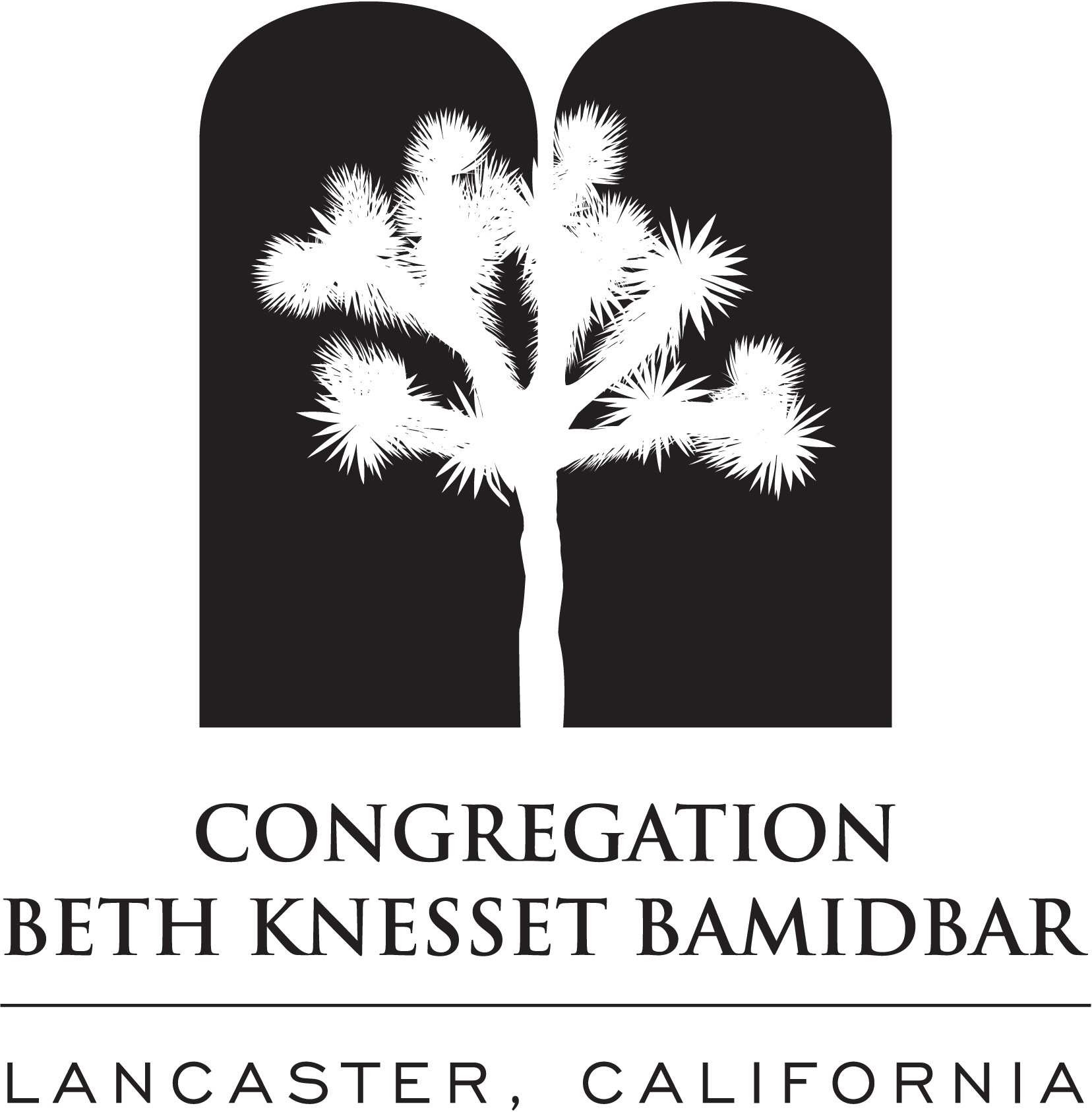Strictly speaking, the High Holy Days, in Judaism, more properly known as the Yamim Noraim, may mean the holy days of Rosh Hashanah and Yom Kippur or, by extension, the period of ten days including those holidays, known also as the Ten Days of Repentance; or by a further extension, the entire 40-day penitential period in the Jewish year from Rosh Chodesh Elul to Yom Kippur, traditionally taken to represent the forty days Moses spent on Mount Sinai before coming down with the second set of the Tablets of stone.
The High Holy Days at BKB
BKB observes the High Holy Days for the period from Selichot through Simchat Torah including:
- The Saturday night Selichot service just before Rosh HaShanah. Selichot is that moment in which we begin our communal process of t’shuvah, usually translated as repentance.
- Rosh HaShanah evening and moring services and Tashlich at a local body of water on Rosh HaShanah day.
- Yom Kippur evening service (Kol Nidre) and Yom Kippur day morning, afternoon, and evening services.
- Construction of a sukkah
- Sukkot Evening Service
- Simchat Torah evening observance
The 5785/2024 BKB High Holy Days service schedule will be published shortly. Tickets are not Required.
ALL SERVICES ARE IN-PERSON AND ON FACEBOOK LIVE EXCEPT AS NOTED
REMINDER:
- To watch on Facebook Live, search for “Congregation Beth Knesset Bamidbar”.
- To get a Zoom invitation, email bkbav@bkbav.org.
AN ARTICLE ON THE HIGH HOLY DAYS
FROM BKB PRESIDENT ART BECKERMAN
Turning Rosh Hashanah Into an Opportunity
AUGUST 29, 2022, RABBI AUSTIN ZOOT
Rosh HaShanah and Yom Kippur worship services are among the most-attended services of the year. That can be a challenge when those worship experiences are not the easiest entry points to Judaism, especially compared to the joyousness of Simchat Torah, the food and rituals of Hanukkah, or the sensory stimulation of Passover.
At a time when more attention than ever is being placed on religious acceptance in the workplace, flexible time off structures, and an increased awareness of self-care practices, more and more young Jews are opting not to take time off from work on the High Holidays. Instead, they might stream services from their desks or forgo them altogether. When taking time for communal worship is, arguably, easier than ever, why is taking the day off to celebrate the Jewish new year so out of vogue?
One explanation may lie in the perception of many younger Jews that communal prayer is an obligation, rather than an opportunity. This perception can be a real barrier to a meaningful holiday experience.
As a millennial rabbi, I find myself with a foot in each world. I have a deep appreciation for our tradition. The declaration of faith contained in Avinu Malkeinu is incredibly powerful in a world we can’t control. The Torah portion we read on Rosh HaShanah, the Akeidah (the binding of Isaac), brings new ideas and perspectives with each annual reading. The melody and theme of forgiveness that Kol Nidrei inspires is soul-rending. So many prayers perfectly encapsulate the experience of being human. Assuming, that is, that joining in communal worship experiences were reframed as a gift for the worshipper to open, rather than as a duty.
I also understand the layers of baggage that many bring to their own experience of prayer. For many of my millennial contemporaries, the High Holidays evoke memories of long sermons, extended liturgies, uncomfortable clothes, and guilt trips about why they don’t attend more often. I can say with confidence that this is a divide that clergy across North America are working tirelessly to bridge.
There are more unique expressions of prayer on a Rosh HaShanah morning than we could possibly have imagined a generation ago, with thought and intention given to how to best meet the complicated needs of modern individuals. Communities offer a variety of services, ranging from traditional choral arrangements to new age musical creativity. Congregations are trying new venues, new structures. The Reform Movement has updated the prayerbook to better offer a diversity of voices. For those who were put off by services in the past, it might be time to make your way back and experience the changes made with you in mind.
Moreover, the work of finding spiritual renewal is not something contained only in a synagogue. Most Reform communities offer, at most, a two-hour Rosh HaShanah service. That leaves the entire rest of the day for customized spiritual growth. Each of us might encounter this differently: some journal, some meditate, some go for long walks.
We might think of the words and melodies of our communal prayer as an on-ramp to the words that we keep sequestered in our hearts, which need to be coaxed out with other like-minded individuals working on their own growth. The words of the prayer book are not where prayer ends, but the key that opens the door to our own sense of God and understanding of self. Prayer isn’t something we can check off on our to-do lists. When we put on streaming services in the background of our workday, we are making it nearly impossible for the centuries of shared wisdom of Judaism to add any value to our already busy lives.
There are many reasons to engage with the rituals of the High Holidays. It is a time for spiritual contemplation, to step back and breathe in the tumult of life. It is a time to make memories with our loved ones and deepen our interpersonal ties. It is a time when we embrace the depth of our tradition and see how the world of the ancient can speak to the needs of the modern. These days can feel fraught when we attend synagogue to fulfill someone else’s needs. This year, think deeply about what YOU need. Take the days to serve yourself well, whatever that might look like.
